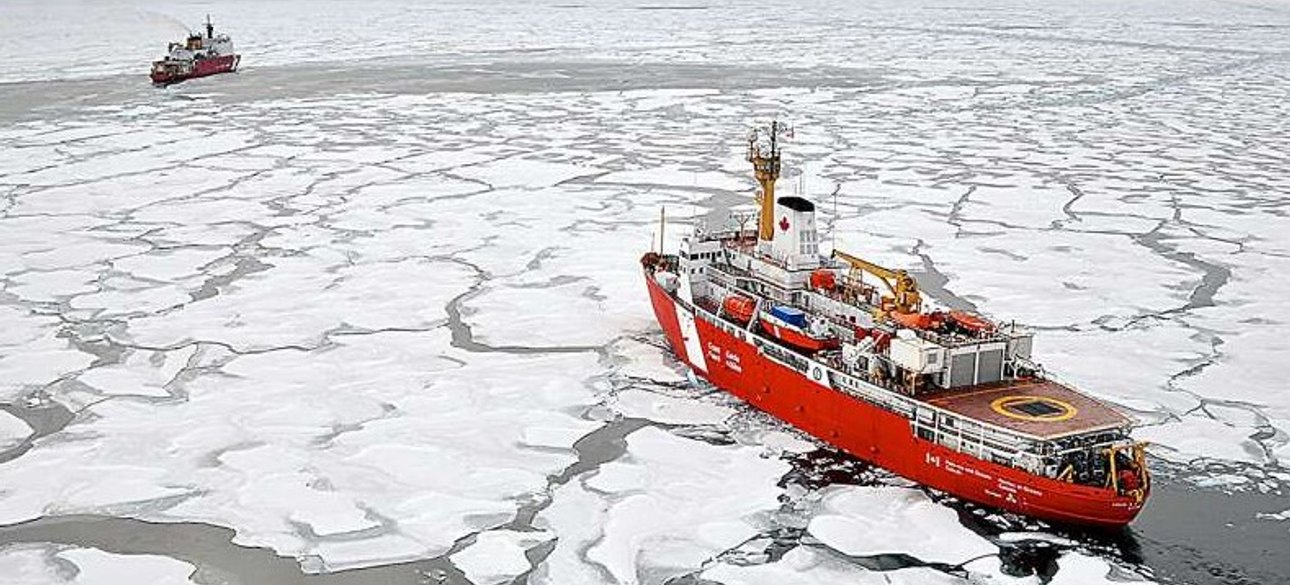
 By Eliza Popova
By Eliza Popova
The ship Istanbul Bridge, according to the monitor, will reach the port of Felixstowe in the east of Great Britain today or tomorrow. And this means that the journey from China to Europe took 20 days against 40 if you go through Suez, 50 if you go through the Cape of Good Hope. On September 23, 2025, the container ship set off with cargo, including batteries, clothing and other goods, destined for the European market in time for the Christmas season.
The vessel is accompanied by Russian icebreakers to ensure safety in Arctic waters. The route passes through the Bering Strait, along the northern coast of Russia and out into the North Sea, with stops in the ports of Great Britain, the Netherlands, Germany and Poland. This is not a one-time flight, but the launch of a regular "Arctic Express" line, which makes it similar to traditional container services. Shortening the path promises solid economic benefits.
Warehouse costs will potentially be reduced by 15-20%. For China, this strengthens exports to the EU with its volume of $800 billion in 2024. Globally: if 5-10% of traffic switches to PSHP, it will save $10-15 billion annually on logistics. The way through Suez is the passage of the narrow neck. Do you remember how the Ever Given cargo blocked the narrow Suez Canal in 2021? The almost week-long layoff brought losses of $9. 6 billion daily.
Everyone is aware of the problems in the Red Sea, related to piracy and Houthi shelling. The Arctic route has seasonality, dependence on icebreakers, but great prospects. Now about the inevitable. Most of the route is controlled by Russia, which means an increase in its influence, the possibility of collecting tariffs, the development of ports, and logistics in the north. China is investing in infrastructure: ports, navigation and even joint projects with Russia.
For it, this is an opportunity to strengthen its position in world trade and reduce vulnerability from southern routes that may be affected by conflicts or political pressure. If you add an icebreaker fleet, ports, refueling/technical points, rescue systems, navigation and weather systems, communications, then a new logistics corridor is created, with the possibility of scaling.










All rights reserved IN-Ukraine.info - 2022